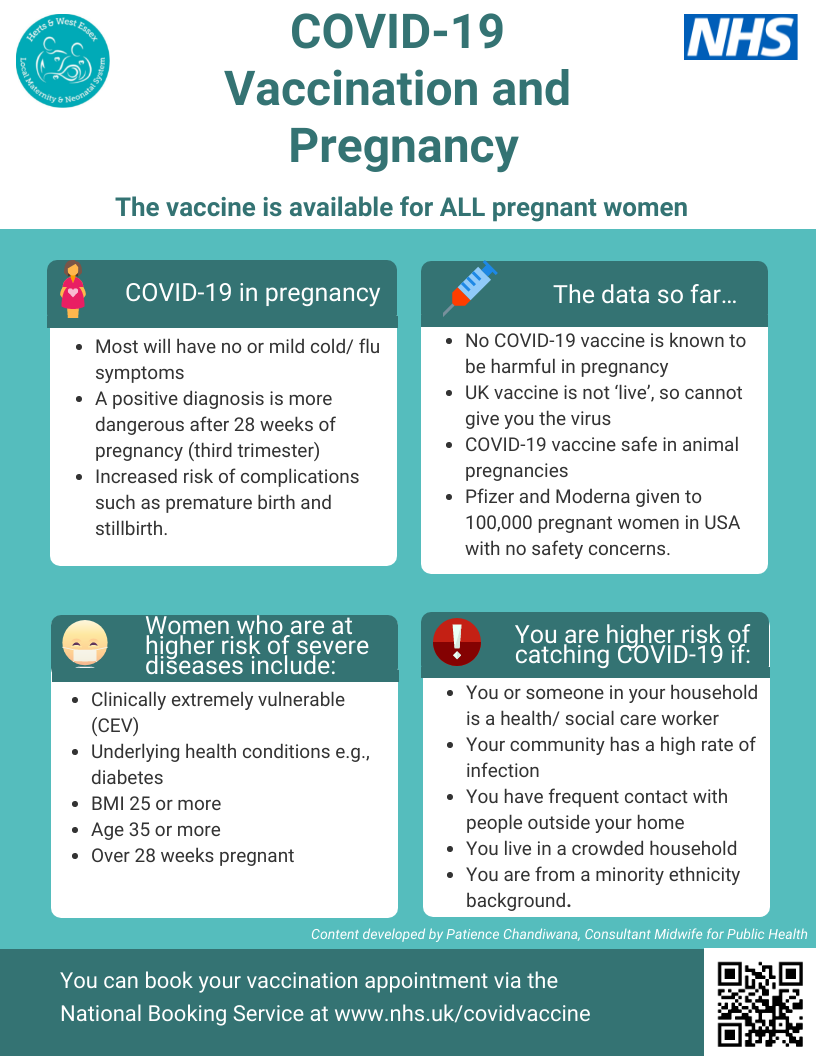You will still have routine antenatal appointments and scans while you're pregnant. But there may be some changes.
You may find that:
- some midwife appointments are online, by phone or by video call
- you may be asked to wear protective equipment, such as a mask or gown when you're in a hospital or clinic
- some appointments may be cancelled or rescheduled – if an appointment is cancelled for any reason, it will be rescheduled, or you'll be able to rebook it
These additional measures are in place as we want to keep everyone safe and to help stop the spread of coronavirus.
If you're unsure if you can bring your partner to your appointment, ask your midwife or maternity team.
Important
If you are well, it's really important that you go to all of your appointments and scans for the health of you and your baby.
Your safety is our priority, so we are ensuring our hospitals and clinics are safe for appointments.
For the most up to date information and requirements for all three hospital areas within the Hertfordshire and West Essex Local Maternity and Neonatal System, please visit the hospital's individual website.
• Lister - https://rb.gy/g6igfc
• Watford General - https://rb.gy/gzfmqq
• The Princess Alexandra - https://rb.gy/x2j9on



